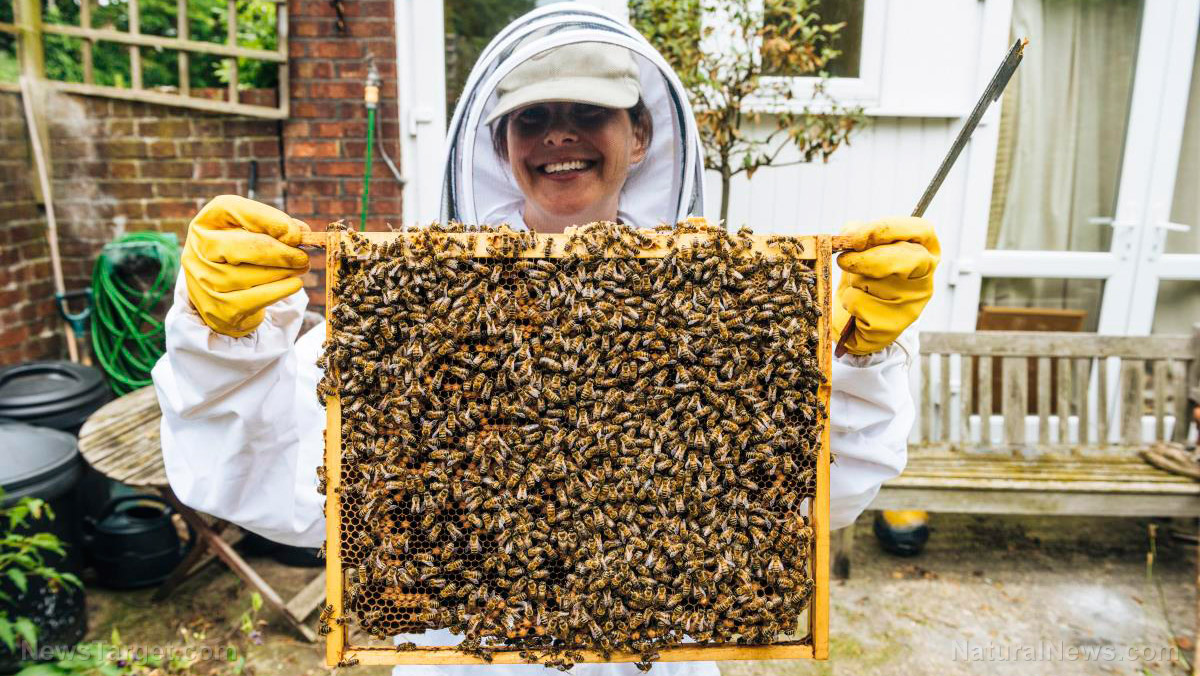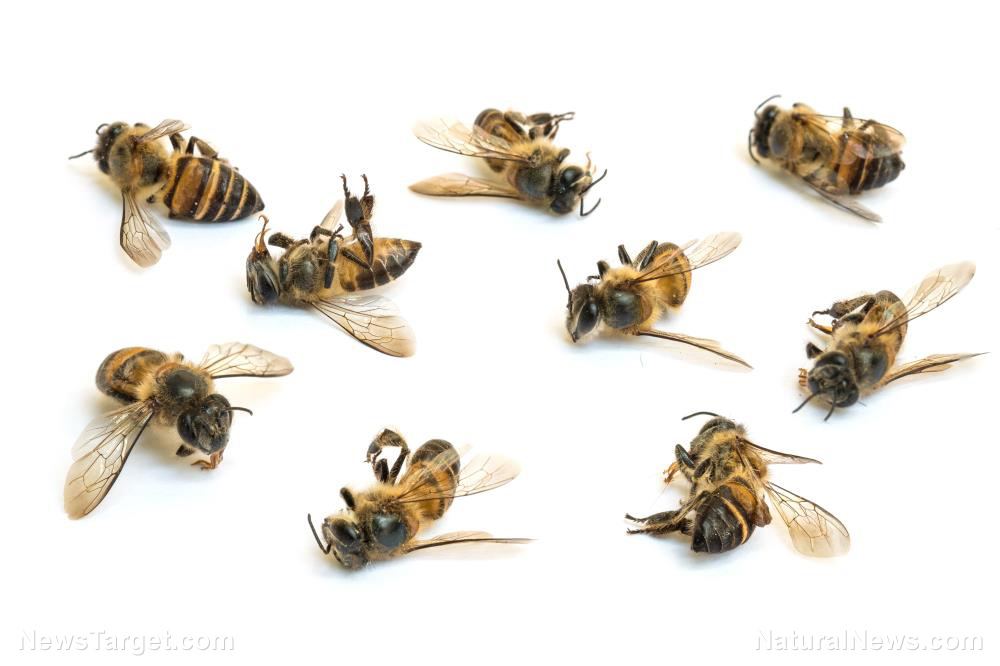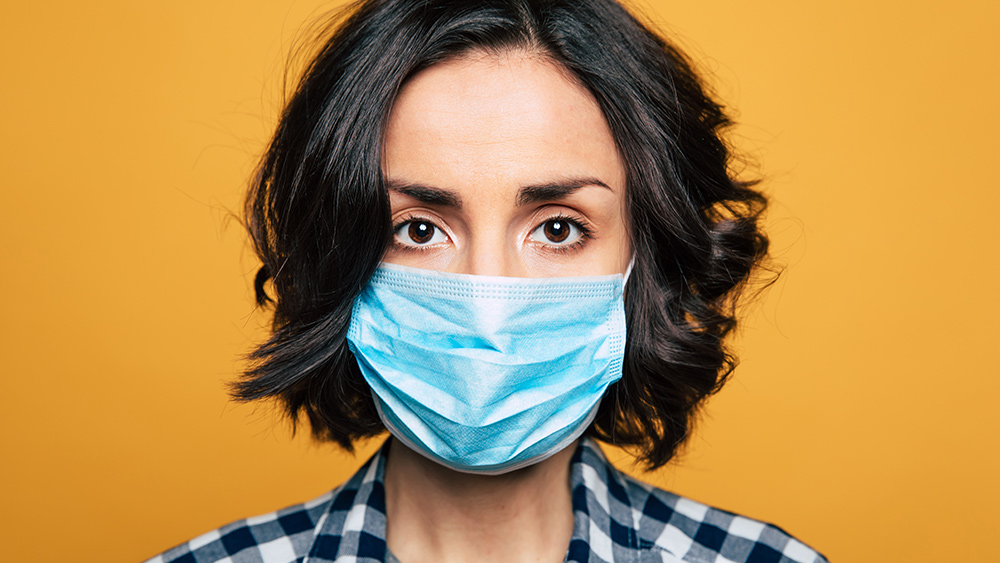Living in a poison paradise: 11 Environmental toxins and how to avoid them
06/12/2020 / By Zoey Sky

Living a healthy lifestyle involves practicing habits like eating a balanced diet and exercising regularly, as well as avoiding environmental toxins, which can adversely affect your overall well-being.
However, the latter may prove difficult, as these toxins are present in various products, even in the food you eat.
What are environmental toxins?
Environmental toxins occur naturally, but some of them are also byproducts of industrialization. These toxins can be found in the water you drink, in the air you breathe, in cosmetics and household items.
Pregnant mothers and developing children are particularly susceptible to the negative effects of environmental toxins since infants have developing brains and nervous systems, which are highly vulnerable to disorders.
Environmental toxins can disrupt sensitive biological systems in the body. These toxins are often linked to different conditions like Alzheimer’s disease, autism and other neurological disorders.
Environmental toxins, which can act as endocrine disruptors, may also increase cancer risk.
Toxins linked to health problems
Constant exposure to environmental toxins may cause toxin overload, which can result in symptoms such as:
- Brain fog
- Chronic fatigue
- Digestive problems
- Food allergies
- Lung cancer
- Organ failure
- Metabolic disturbances
- Weight gain
While some of these symptoms are sometimes dismissed as a normal consequence of aging, they often occur due to exposure to toxins.
To reduce your risk of toxin overload, avoid these 11 common environmental toxins:
- Asbestos
- Glyphosate
- Heavy metals
- Molds
- Perchlorate (found in items like thyroid medications and rocket fuel)
- Pesticides
- Polychlorinated biphenyls (PCBs)
- Prescription drugs
- Phthalates
- Radioactive compounds
- Volatile organic compounds (VOCs)
Studies have shown that various health problems are linked to these toxins, which is why you must take measures to reduce your exposure to them.
How to avoid environmental toxins
Wash your hands thoroughly before preparing food or eating. If you don’t have access to soap and water, pour water on your hands and rub vigorously using a clean cloth. Avoid using hand sanitizer before you eat.
Leave your shoes at the front door before entering your house, especially if you have a baby that may crawl on the floor or young children who may be tempted to pick up food or toys from the ground and put them in their mouths.
Eat organic foods. Avoid conventionally produced meat and dairy products that may contain toxic antibiotics, pesticides and synthetic hormones that are linked to a greater risk of metabolic disorders and weight gain. When buying eggs, fish or meat, look for “pasture-raised, organic” eggs, wild-caught fish or “100 [percent] grass-fed” meats. (Related: Fast results for your health: One week of eating organic found to dramatically lower toxin levels in your body.)
Here are other tips on how to protect yourself from environmental toxins:
- Stay hydrated by drinking clean, filtered water.
- Use organic and non-toxic cosmetics and personal care products.
- Don’t use plastic containers that contain phthalates. Use glass containers instead.
- Don’t use household cleaning products or toxic air fresheners. Instead, mix your own air fresheners using natural ingredients like baking soda, apple cider vinegar and fragrant essential oils.
- Minimize exposure to VOCs by purifying the air in your home. Take care of houseplants that can help to naturally purify the air.
- If the weather is clear, go outside and exercise regularly so you can stay fit and strong.
- Use a vacuum with a HEPA (high-efficiency particulate air) filter to eliminate contaminants inside your home.
Keep your home clean and eat organically grown foods to boost your overall health. While you can’t completely avoid toxins, taking necessary measures can significantly reduce your exposure to these dangerous chemicals.
Sources include:
Tagged Under:



















